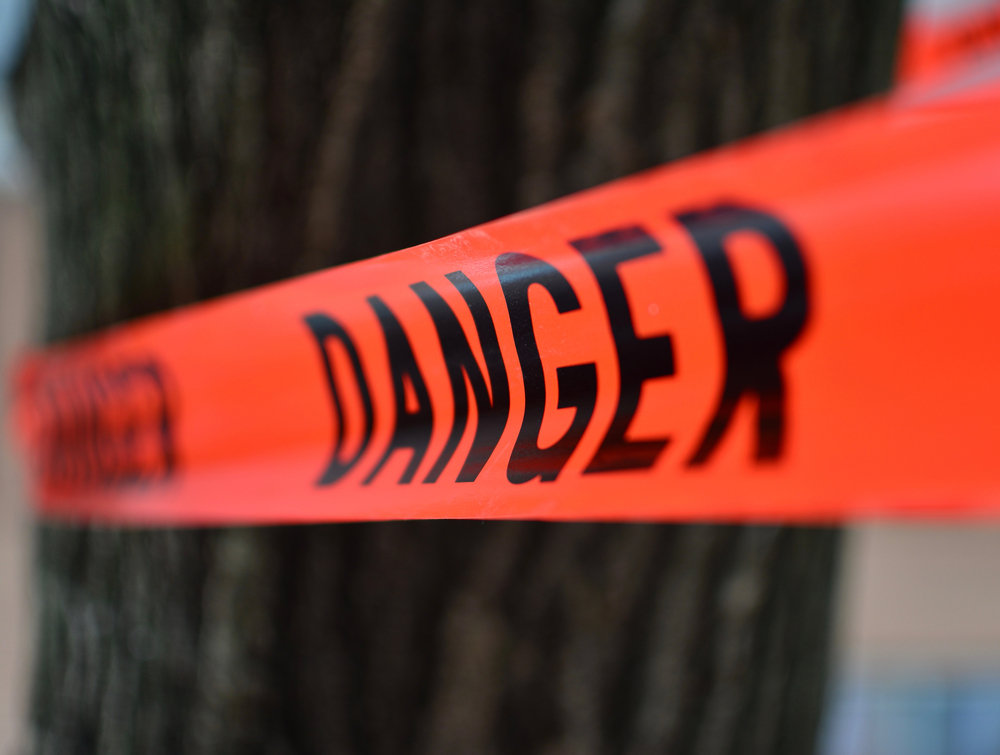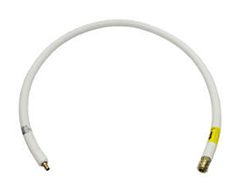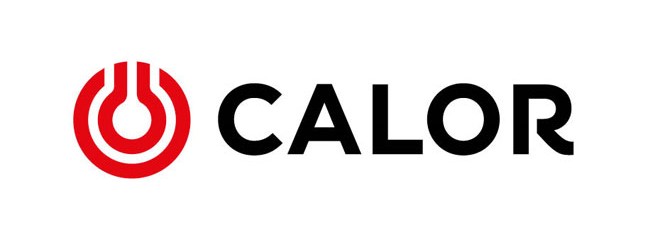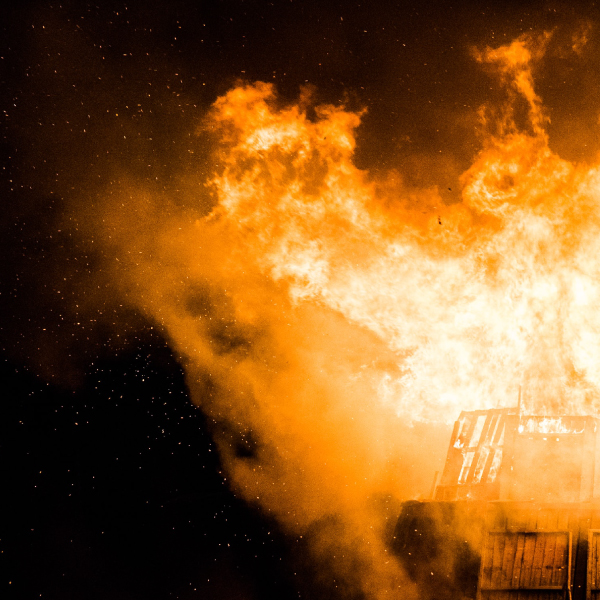1. DO Understand the regs and your responsibilities
Get to know the regulations that you need to comply with and make sure you know what your responsibilities are. When you’ve got a bit of time, sit down and have a look at the Health & Safety at Work Act (1974), the GSIUR (Gas Safety (Installation and Use) Regulations 1998) and Code of Practice 24, sections 2 and 3.
2. DO only use equipment that’s suitable for commercial catering
Never use camping equipment. There are lots of reasons why you should never use camping equipment in a commercial catering business. In fact, you’ll find a few of them right here…
3. DO – Make sure all your LPG equipment is CE marked
To be legally compliant, all LPG commercial catering equipment must be CE-marked (Gas Appliance (Safety Regulations) 1995). This is to ensure maximum safety and minimise risks to everyone near your unit.
N.B:
The UKCA (UK Conformity Assessed) marking is a new UK product marking that is used for goods being placed on the market in Great Britain (England, Wales and Scotland). It covers most goods which previously required the CE marking, known as ‘new approach’ goods.
The UKCA marking came into effect on 1 January 2021. However, to allow businesses time to adjust to the new requirements, you will still be able to use the CE marking until 1 January 2023 in most cases.
In August 2021, the UKCA Mark deadline was extended to 1st January 2023, giving the market an additional year to adjust.
You can find out more here
4. DO Make sure it features flame failure devices too
According to HSE’s Safe use of LPG at small commercial and industrial bulk installations you also need to have flame failure devices on all LPG equipment. That means that the gas supply will automatically cut out should the flame go out.
5. DO Keep on top of your risk assessments
Make sure that your fire safety and health and safety risk assessments are up to date and that you are following them to the letter every time you trade.













 Featured Training
Featured Training